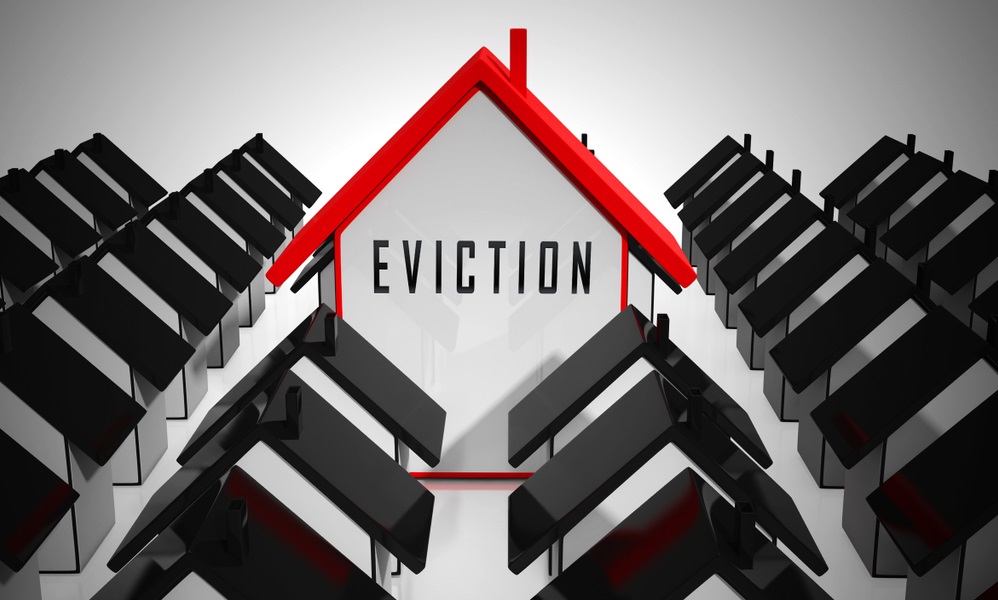
Bailiffs have been asked not to carry out an eviction if anyone living in the property has COVID-19 symptoms or is self-isolating.
Courts will continue to prioritise the most serious cases, such as those involving fraud or anti-social behaviour, with many of the evictions waiting to be enforced when the ban lifts pre-dating the pandemic.
Housing Minister Christopher Pincher also announced that tenant notice periods, extended to six months as an emergency measure, will be set at four months from 1 June, in order to offer continued protection as lockdown restrictions are eased.
Subject to public health advice and progress out of lockdown, notice periods will return to pre-pandemic levels from 1 October.
The measures aim to ensure renters continue to be protected, while still allowing landlords to access justice and protection from rent arrears.
Pincher said: “From the beginning of the pandemic, we have taken unprecedented action to protect renters and help keep them in their homes.
“As COVID restrictions are eased in line with the roadmap out of lockdown, we will ensure tenants continue to be supported with longer notice periods, while also balancing the need for landlords to access justice.
“Crucial financial support also remains in place including the furlough scheme and uplift to Universal Credit.”
This week the government announced that a White Paper will be published in the autumn that will set out proposals to create a fairer private rented sector that works for both landlords and tenants.
This includes proposals for the abolition of Section 21 ‘no fault’ evictions to give tenants greater security and a new ‘lifetime deposit’ to ease the burden when moving house.
Oli Sherlock, head of insurance at lettings platform Goodlord, said: “The stay on evictions couldn’t remain in place forever and, with the last lockdown restrictions almost behind us, now is a sensible time to roll-back the measures and provide clearer timelines on next steps.
“Whilst the ban was clearly a well-intentioned decision designed to protect tenants, it has caused financial distress to some landlords and enabled rogue renters to avoid paying rent in isolated cases.
“The key concern throughout, however, has been and remains what happens after the ban is lifted.
“Renters who have amassed arrears will soon be faced with the need to repay or face eviction.
“And courts are braced for a deluge of cases to process evictions that they may struggle to cope with.
“What the government needs to do now is ensure that robust, effective mediation services are available to all and that tenants and landlords are both clear on their rights and responsibilities.
“Without a sensitive, practical, and nuanced approach to the next phase, the fallout will be harsher than it needs to be. No stakeholders – from tenant to landlord – would benefit from that.”



